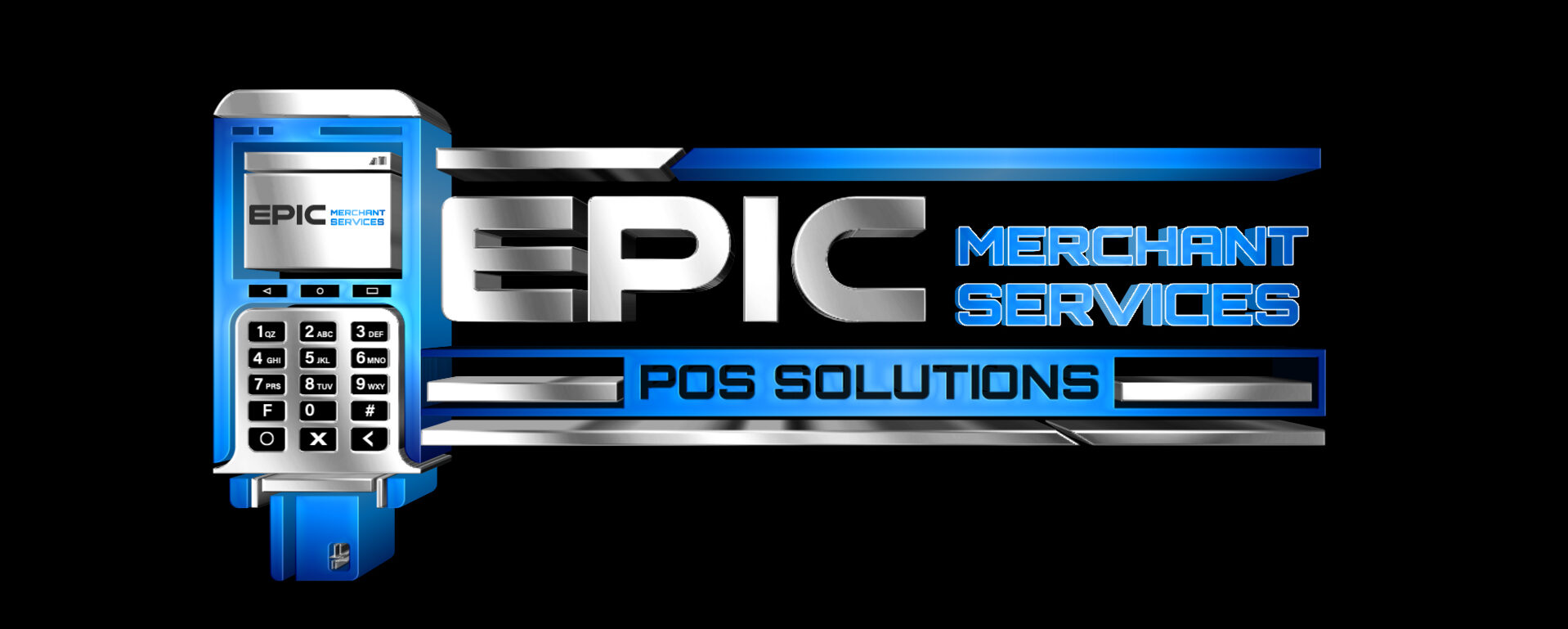IRS Reporting Requirements
Reporting 1099-K Income
Form 1099-K is used to report income received from income received from electronic payments such as credit cards, debit cards, PayPal, and other third party payers. In most cases, the payment settlement entity (PSE) will send you a 1099-K by February. Be sure to add the income you report on your 1099-K to your total business income when you file your taxes.
Who Is Required?
Beginning with the 2011 tax year, companies that process credit cards for merchants are required by the IRS to report revenue from such sales that they send to a merchant, either by check, direct deposit or as money on account. You, the merchant, get a copy of this form and so does the IRS. To the merchant, this money from the processor is revenue, just like cash sales. Unlike cash sales, the form lists your gross sales, not the net figure of the fees and other deductions.
Not all businesses with merchant accounts will be getting a 1099-K form. There are a couple of exceptions to this reporting requirement:
- Merchants who have less than 200 credit or debit card transactions a year.
- Merchants who’s total credit and debit card transactions total less than $20,000 a year.
In these cases these merchants are still required to report their income to the IRS, even though they may not receive a form.
Reporting Credit Card Sales
Since companies with merchant accounts receive a 1099-K form with their gross receipts on it, you will need to reconcile this total with your net payments and any chargebacks, fees, refunds and debit card cash-back transactions. It’s advisable to set up your bookkeeping to keep track of gross sales as well as separate entries for any deductions, rather than working with net credit sales.
Why is the IRS doing this? In part, they intend to discourage under-reporting of income as more merchants are able to accept credit and debit payments, thanks to recent advances in mobile credit card processing technology.
For businesses, freelancers and professionals who accept credit card payments via merchant accounts, these IRS reporting changes shouldn’t require a lot of changes. Presumably, your business is already reporting this income. The new 1099-K form just means you have another form to file away with your tax records.

